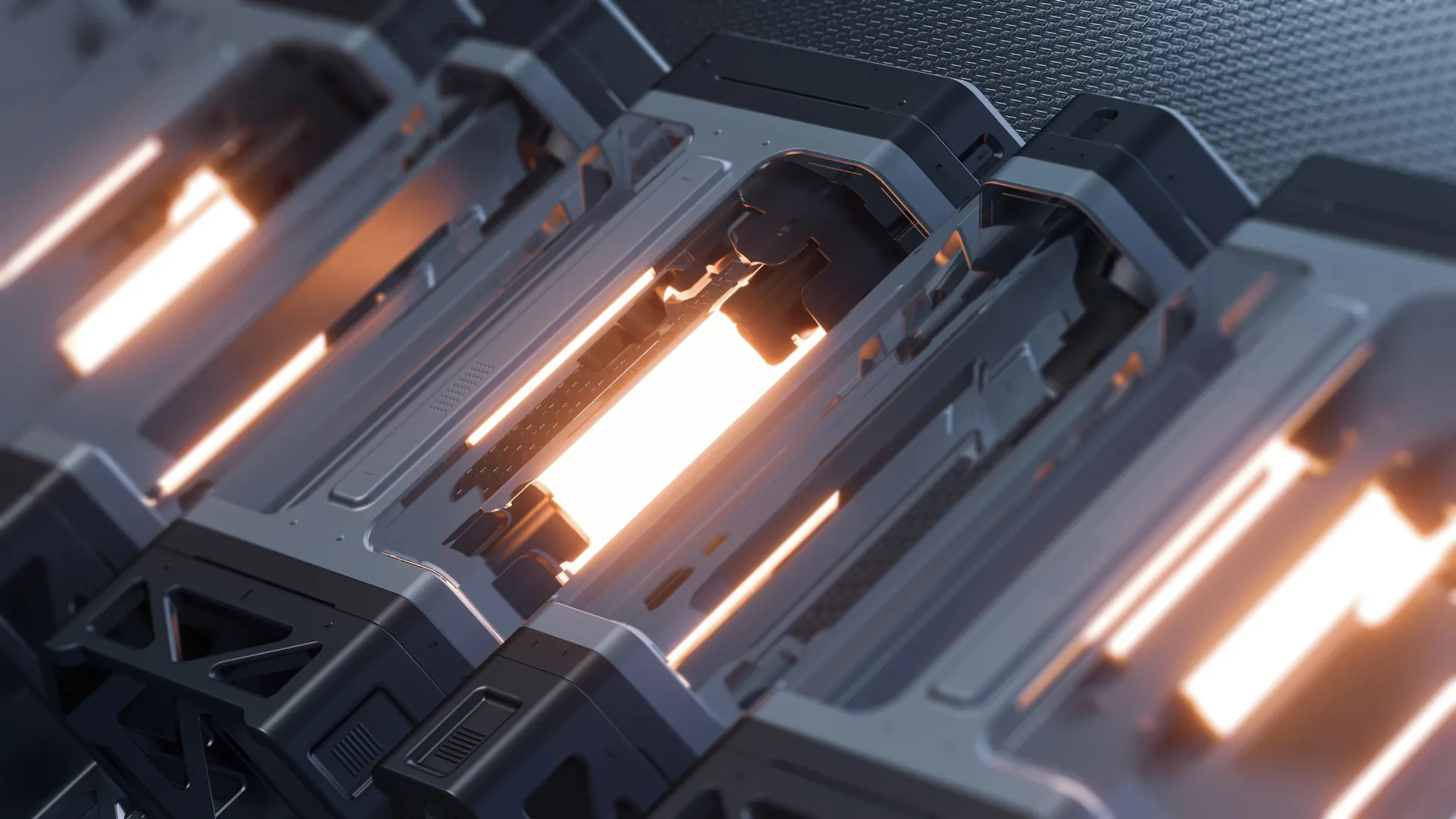Now Reading: How Cells ‘Listen’ to Shape the Human Body
-
01
How Cells ‘Listen’ to Shape the Human Body
How Cells ‘Listen’ to Shape the Human Body

Speedy Summary:
- Researchers at the Göttingen Campus Institute for Dynamics of Biological Networks, the Max Planck Institute for Dynamics and Self-Organisation, and the university of Marburg made a discovery on embryonic cell dialog.
- The study found that cells in embryonic tissue use mechanisms similar to those involved in hearing.Neighboring cells “listen” to each other’s movements, synchronize their own motions, and collectively exert mechanical forces.
- When this ability was genetically disabled, tissue advancement slowed or failed altogether.
- computer models demonstrated that these synchronized “whispering” interactions protect tissue from external forces while enabling rapid coordination during development.
- Using AI methods and computer-assisted analysis enabled researchers to analyze data with high accuracy – approximately 100 times more cell pairs than was possible earlier.
- Proteins responsible for force sensitivity in hearing are also active at a cellular level during embryonic development. These proteins likely share an evolutionary origin dating back to single-celled ancestors.
Indian Opinion Analysis:
This breakthrough advances molecular biology by bridging understanding between processes like hearing and embryonic development. While it’s not specifically India-centric research, its scientific significance highlights the global interconnectedness of research efforts benefiting humanity as a whole. For India, as it invests increasingly in biotechnology and biomedical research infrastructure, such discoveries could inspire interdisciplinary approaches combining genetics with theoretical physics or AI methods – areas gaining traction within Indian scientific institutions.
Additionally, india’s active participation in evolutionary biology studies may be enriched through collaborations that investigate how ancient cellular adaptations impact present human physiology. By building expertise across such domains using precise analytical tools like big data-powered AI systems seen here, India has opportunities to contribute further insights into developmental biology.


























